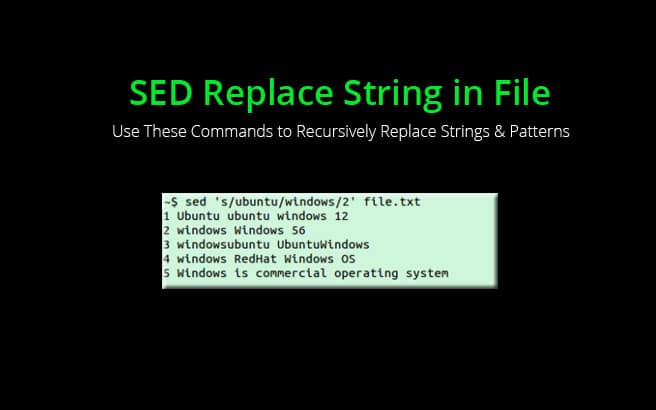
To install mlocate, if it’s not already included in your Linux distribution, type the following command at the prompt. When you install mlocate, the /usr/bin/locate binary file changes to point to mlocate. This allows mlocate to know if the contents of a directory changed without reading the contents again and makes updates to the database faster and less demanding on your hard drive.

When you update the mlocate database, it keeps timestamp information in the database. It indexes the entire file system, but the search results only include files to which the current user has access. The mlocate command is a new implementation of locate. In the above example, the backslash disables the implicit replacement of “mydata” by “*mydata*” so you end up with only results containing “mydata.” The most common wildcard symbols are the question mark ( ? ), which stands for a single character and the asterisk ( * ), which stands for a contiguous string of characters. A wildcard is a symbol that can be replaced by one or more characters when the expression is evaluated.

The backslash in the above command is a globbing character, which provides a way of expanding wildcard characters in a non-specific file name into a set of specific filenames.

If you want to find all files or directories that contain exactly and only your search criteria, use the -b option with the locate command, as follows. locate mydataįor example, the above command found two files containing “mydata” and one file containing “data.” The basic form of the locate command finds all the files on the file system, starting at the root, that contain all or any part of the search criteria.


 0 kommentar(er)
0 kommentar(er)
